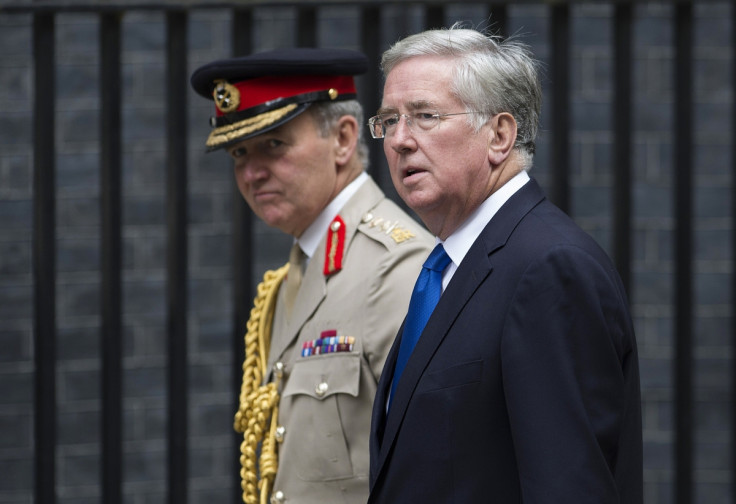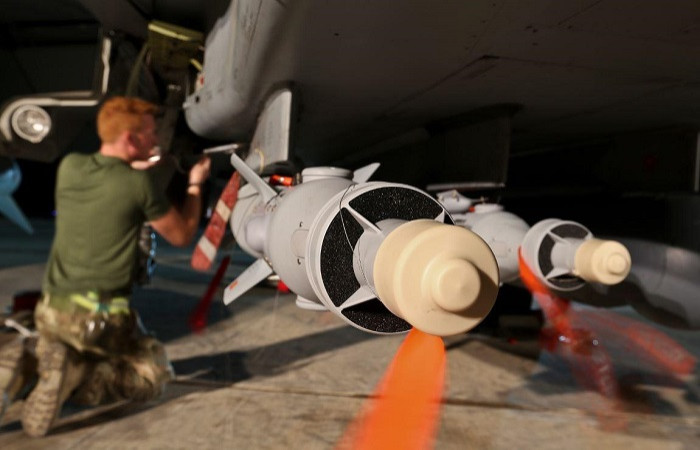Military chief Nicholas Houghton warns reluctance to use force encourages Britain's enemies

The head of the armed forces, General Sir Nicholas Houghton, has warned that the lack of political will to use force against Britain's enemies is putting national security at risk. Speaking at Chatham house, the General Chief of Staff said Britain needed to move beyond the legacy of Iraq and Afghanistan and rethink the use of Britain's armed forces for today's political realities.
He said Parliament's reluctance to authorise the use of military force meant the military was experiencing "ever greater constraints on our freedom to use force," the Press Association reported. "Some of these constraints relate to advances in the technological competence of potential enemies and their ability to generate anti-access and area denial capabilities," General Houghton said.
"But the more worrying constraints on the use of force lay in the areas of societal support, parliamentary consent and ever greater legal challenge. Such constraints are particularly significant when the desire to commit to the use of force is in support of operations which some may consider discretionary to the national interest," he added.

"If a nation's assumed willingness to commit to the use of force is only in the face of national survival, then we encourage rather than deter revisionist states and their own ambitions," the General said.
In 2013 David Cameron faced a historic defeat over his decision to intervene in Syria following the use of chemical weapons by the Assad Regime. Parliament did however agree to air strikes on Isis-held regions of Iraq in September 2014.
The government has faced criticism over its creeping war in the Levant. UK pilots operating as part of coalition forces including the US, France and Canada, have carried out air strikes over Syria despite British parliament voting against intervention in the country.
Human rights groups questioned David Cameron over the deaths of three British citizens by government-authorised drone strikes in IS-held Syria. The prime minister announced Reyaad Khan, 21, from Cardiff and Ruhul Amin, 26, from Aberdeen were killed in August in IS's Syrian stronghold.
The unmanned RAF drone strike targeted Khan and Amin, who had appeared in IS propaganda. Speaking in the Commons, Cameron explained a third British Jihadist, Junaid Hussain, had been killed in Raqqa in US drone strikes.
© Copyright IBTimes 2025. All rights reserved.






















